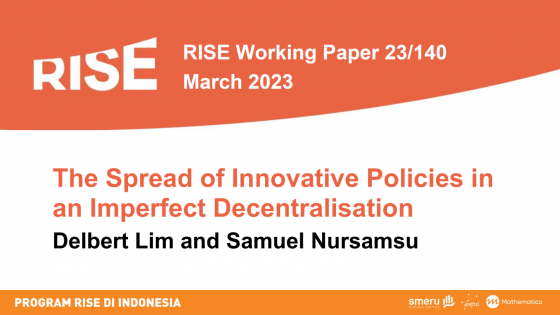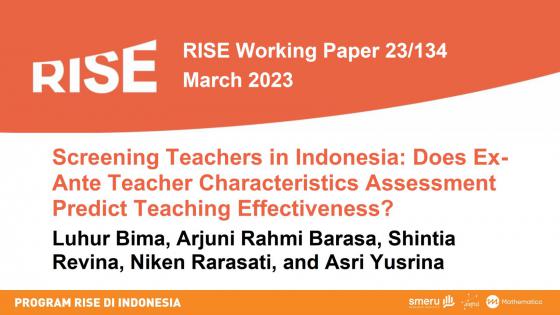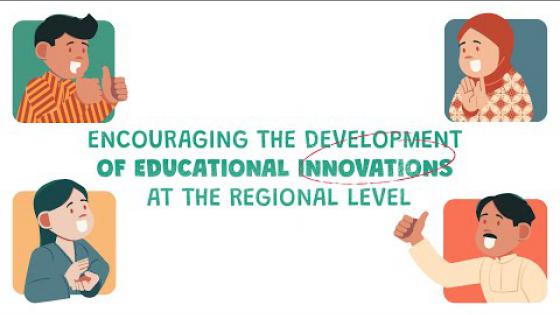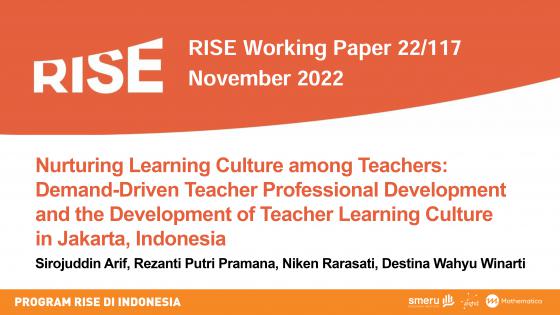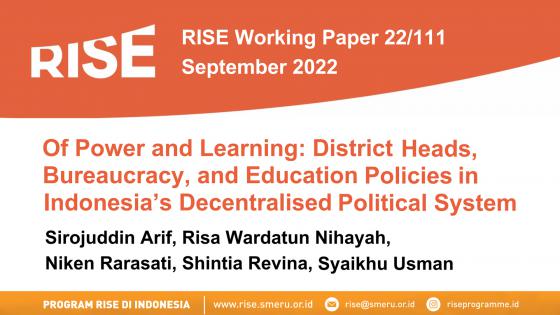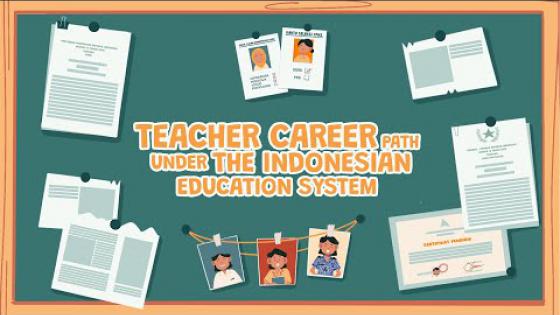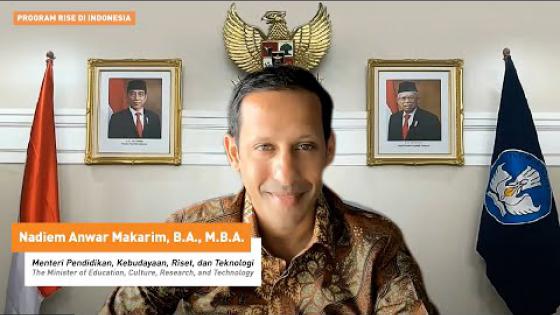What drives educational innovation to emerge at local level? We contribute on this question by examining three highly innovative districts in Indonesia. Our specific aim is to understand how the innovations are related to the districts’ socio-cultural context. Through a combination of qualitative research methods comprising of observations, interviews, and group discussions with stakeholders in each study location, we identified three aspects of the socio-cultural context – resulting from the embodiment of social norms within a districts’ social networks – that significantly determined how local innovations are defined and implemented in each district: (1) the norms of trust among community members, (2) tradition, or lack thereof, of collaboration at community and elite levels, (3) people’s participation. We recommend that districts establish innovation exchange connections so that they can learn from each other, and that central government to be cognizant of local differences when crafting national education policies.
.
This is one of a series of working papers from RISE—the large-scale education systems research programme supported by the UK’s Department for International Development (DFID), Australia’s Department of Foreign Affairs and Trade (DFAT), and Bill & Melinda Gates Foundation.


